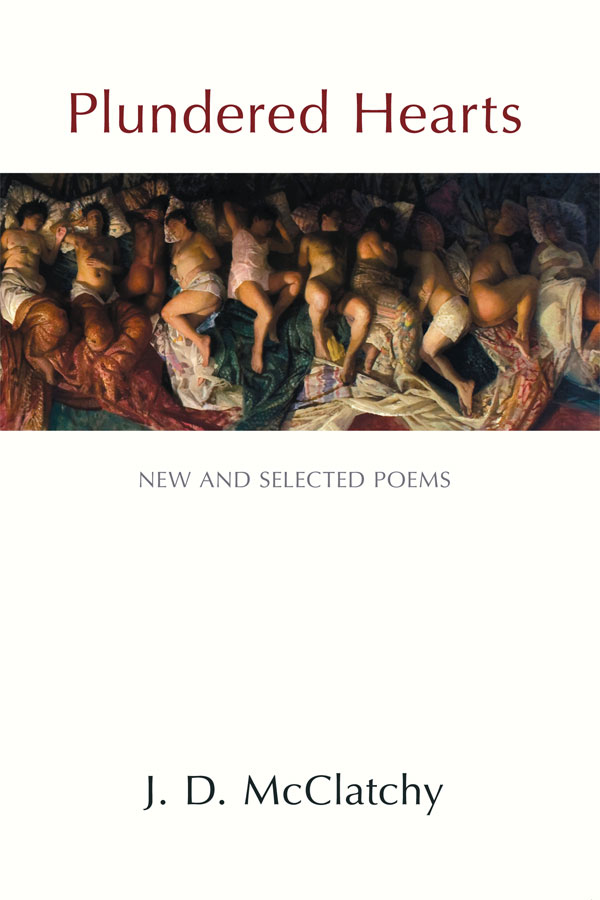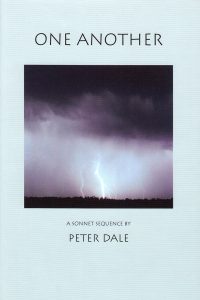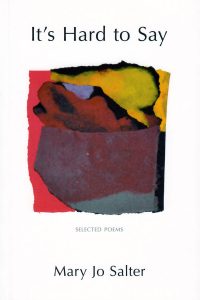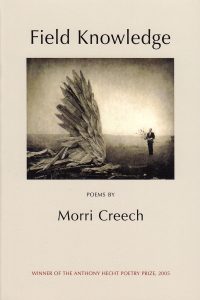Plundered Hearts: New and Selected Poems
£13.99
At last, a definitive selection of the elegant work by a poet at the forefront of American poetry for more than three decades. With his first several books, J. D. McClatchy established himself as a poet of urbanity, intellect, and prismatic emotion, in the tradition of James Merrill, W. H. Auden, and Elizabeth Bishop––one who balances an exploration of the underworld of desire with a mastery of poetic form, and whose artistry reveals the riches and ruins of our plundered hearts.
Now, opening with exquisite new poems––including the stunning My Hand Collection,
a catalogue of art objects that steals up on the complexity of human touch, and a witty and profound poem entitled My Robotic Prostatectomy
––this selection is a glorious full tour of McClatchy’s career. It includes excerpts from the powerful book-length sequence Ten Commandments (1998) and his more recent works Hazmat (2002) and Mercury Dressing (2009)—books that explored the body’s melodrama, as well as the heart’s treacheries, grievances, and boundless capacities. All of his poems present a sumptuous weave of impassioned thought and clear-sighted feeling. He has been rightly hailed as a poet of ferocious alertness,
one who elicits (says The New Leader) the kind of wonder and joy we experience when the curtain comes down on a dazzling performance.
Out of stock
Plundered Hearts: New and Selected Poems
The intimacy of these poems, taken together with their classical control and ironical self-knowledge, confirms McClatchy as one of his generation’s brightest stars
– Publishers Weekly
In the end, these poems come to represent our own lives, our own longings, our own ‘flag of surrender’ to the spiritual. A brilliant testament to McClatchy’s place among American poets; highly recommended.
– Library Journal
McClatchy’s unflinching, bold, sure-voiced style and his ferocious alertness give these poems intimidating power, as if Auden and Baudelaire were partnered here. It’s hard to imagine another poet capable of being wry and tender, unpredictable and measured, original and traditional – within the body of a single poem.
– Los Angeles Times Book Review
With that unforced simplicity and energy which can be the most admirable feature of today’s American poetic style, McClatchy … meditates on implications with an alert naturalness that reminds one of the way Montaigne or Donne meditated on metaphysics, or the Progress of the Soul.
– New York Review of Books
The Novelist
The books sit silently on the shelf,
Their spines broken but unresentful.
He sits there too, thinking to himself
Of nothing—at last an uneventful
Evening, an hour to sulk or drift,
No joy to worry, no burden to lift,
As if on board some two-star ocean
Liner, able to roam at will
While confined to its slow motion
Through the middle of nowhere until
The dinner bell when the stateroom saves
Him from what he both avoids and craves.
Company. Others. The idle crowd
Beyond his bolted metal door—
So insatiable, so empty and loud.
Then, for a moment, the corridor
Seems like a page in some roman–fleuve
Where people live the lives they deserve.
A young man arrives in the glittering city.
The heroine writes her famous letter.
Emma stares at the vial with pity.
Pierre or Pip promises to do better.
Men and women find in each other
Why he must kill rather than love her.
In other words, it resembles the world
In the books above him, where so much
Sadness is fingered and then unfurled.
The wrong address, the inadvertent touch,
The revolution, the unanswered call,
The poisoned bouquet, the back-alley brawl.
He changes his mind. He will accept
The captain’s invitation to dine.
His secret, after all, can be kept
Like those on the shelf: chance and design,
Until opened, closed but in reach,
Like words before they become speech.
The Waywiser Press
Excerpts
The Novelist
The books sit silently on the shelf,
Their spines broken but unresentful.
He sits there too, thinking to himself
Of nothing—at last an uneventful
Evening, an hour to sulk or drift,
No joy to worry, no burden to lift,
As if on board some two-star ocean
Liner, able to roam at will
While confined to its slow motion
Through the middle of nowhere until
The dinner bell when the stateroom saves
Him from what he both avoids and craves.
Company. Others. The idle crowd
Beyond his bolted metal door—
So insatiable, so empty and loud.
Then, for a moment, the corridor
Seems like a page in some roman--fleuve
Where people live the lives they deserve.
A young man arrives in the glittering city.
The heroine writes her famous letter.
Emma stares at the vial with pity.
Pierre or Pip promises to do better.
Men and women find in each other
Why he must kill rather than love her.
In other words, it resembles the world
In the books above him, where so much
Sadness is fingered and then unfurled.
The wrong address, the inadvertent touch,
The revolution, the unanswered call,
The poisoned bouquet, the back-alley brawl.
He changes his mind. He will accept
The captain’s invitation to dine.
His secret, after all, can be kept
Like those on the shelf: chance and design,
Until opened, closed but in reach,
Like words before they become speech.
The Waywiser Press





